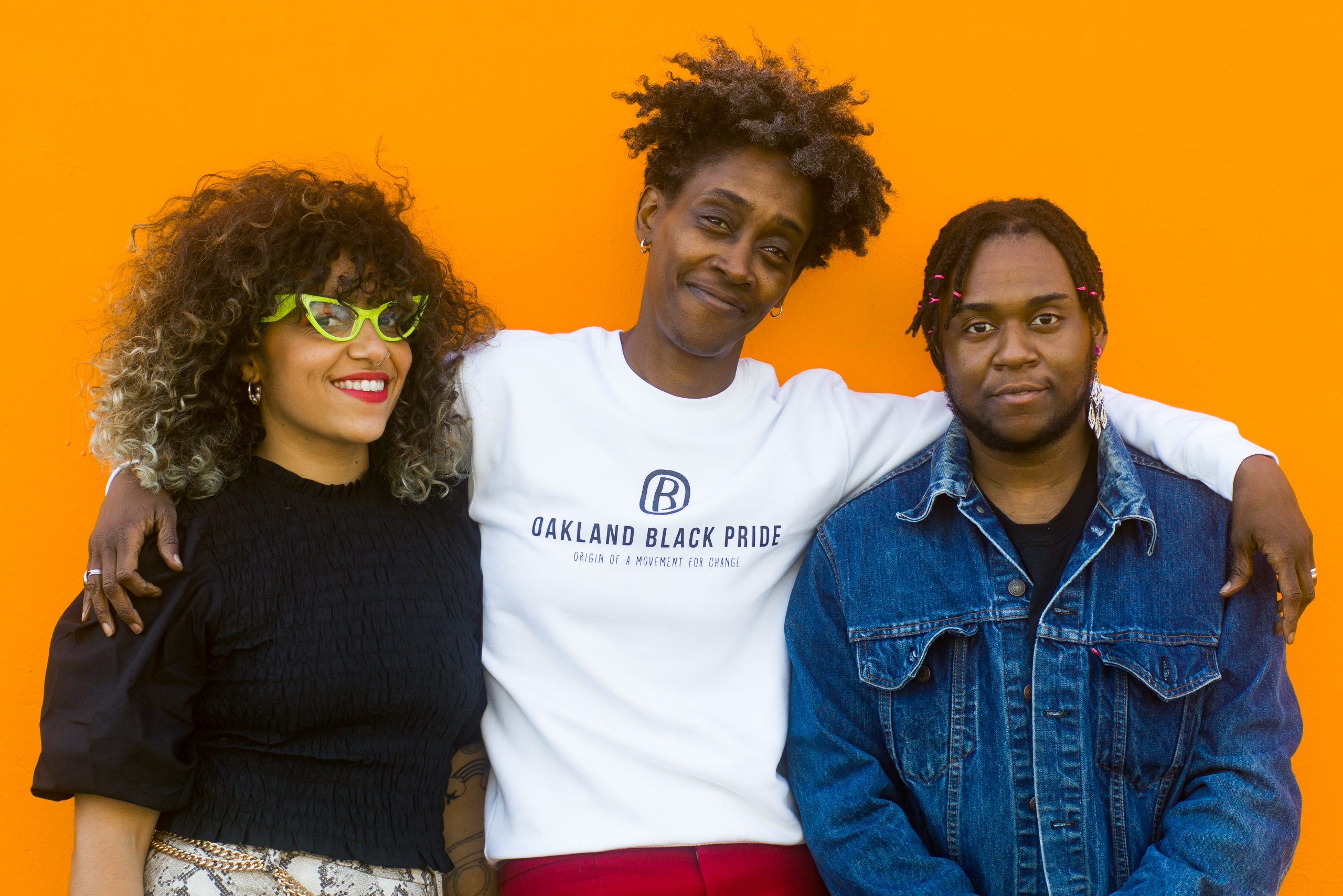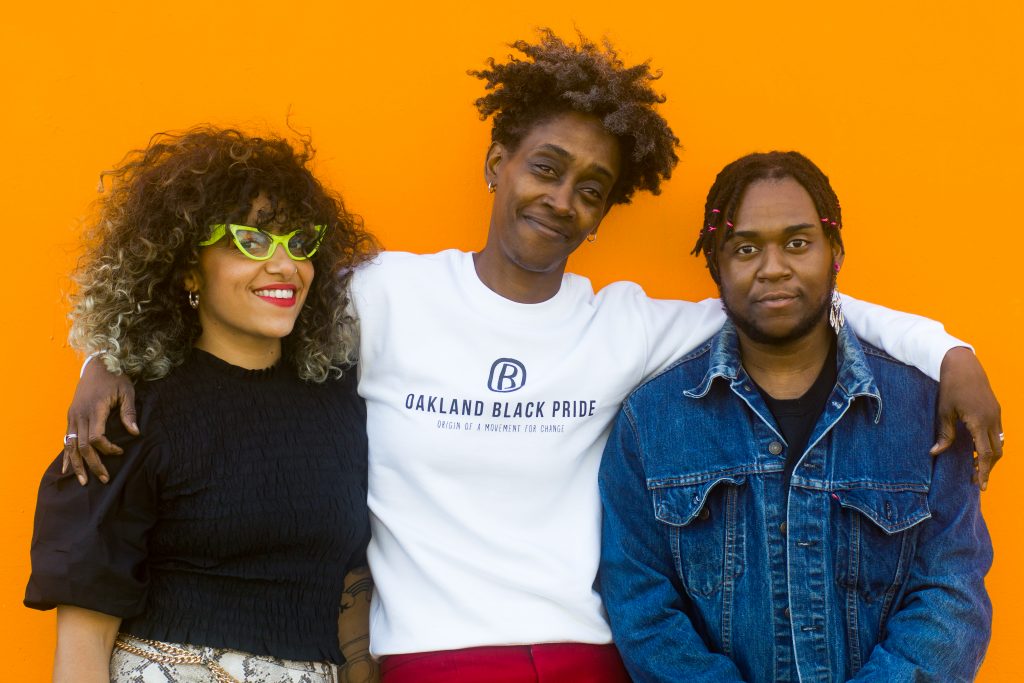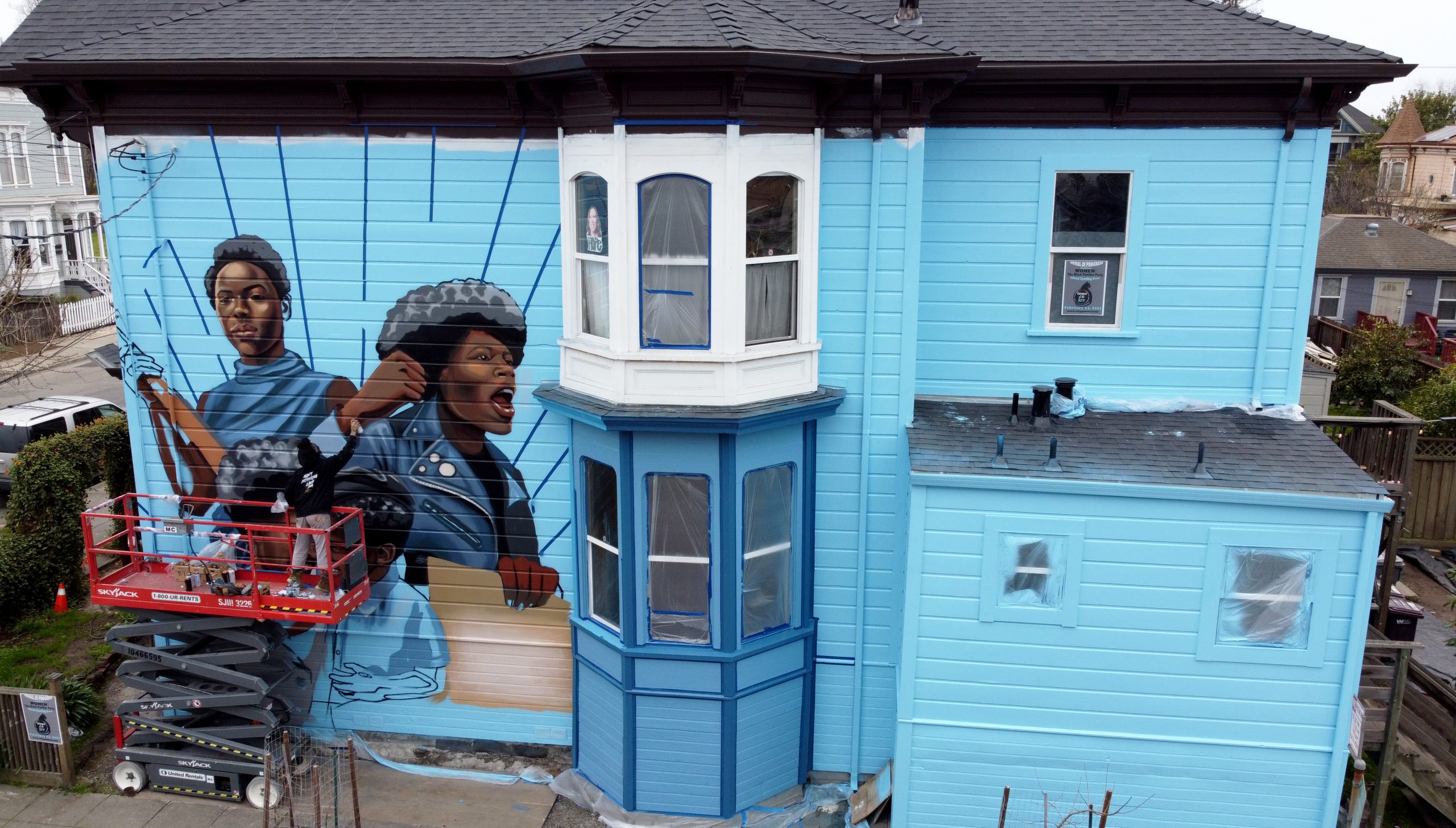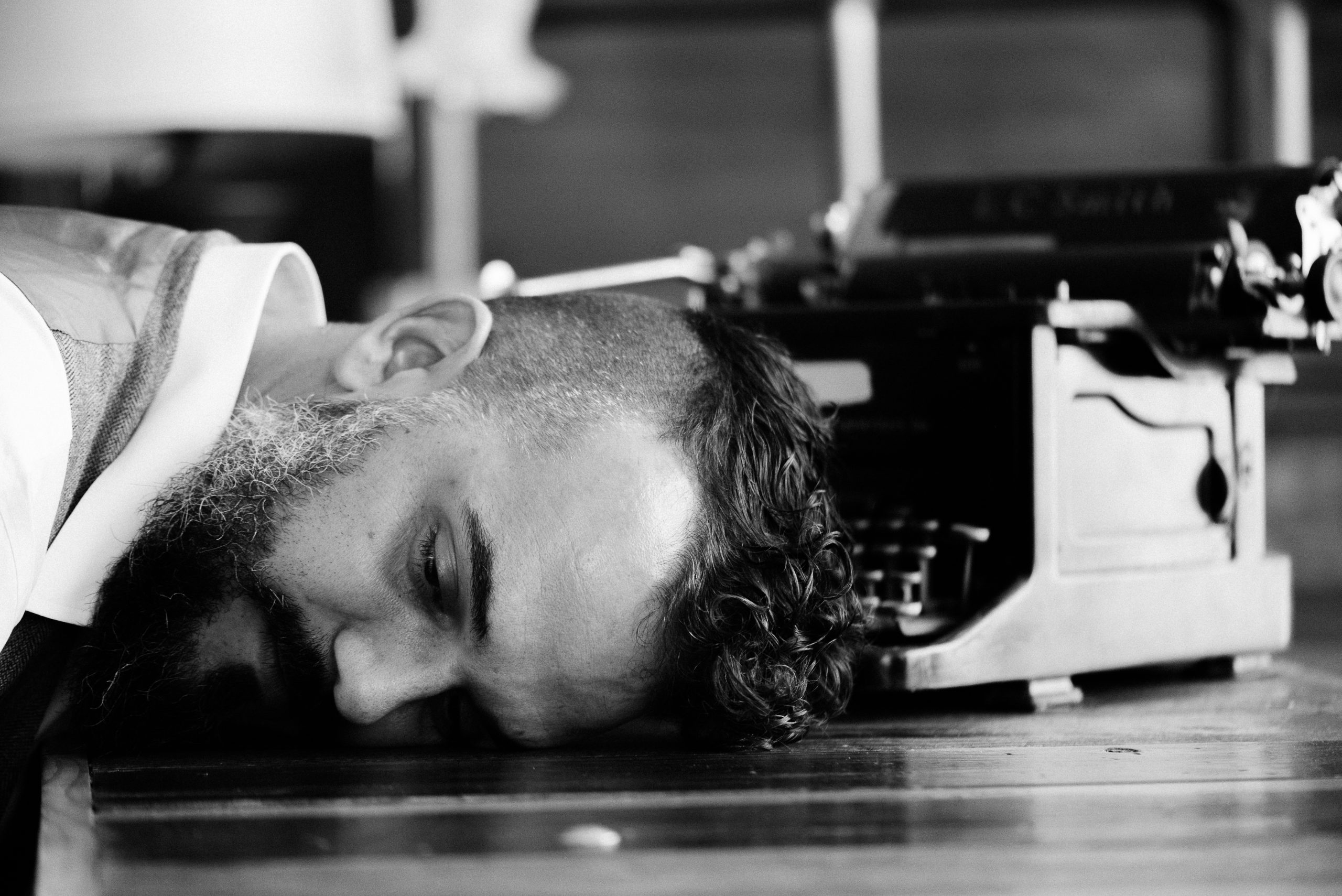

While San Francisco Pride events start June 11, and will be different from Oakland Pride, which occurs September 11-12, Oakland Black Pride is organizing its own events. This includes Zoom panels that provide community-centered discussions, a queer expo for nonprofit business owners, a Pride fundraiser in partnership with 7th West, a kickball tournament, and a queer pub crawl throughout Oakland starting at Kingston 11 and ending at Oeste. On June 27th, the closing ceremonies with a Slayer’s Ball, a challenge in a mix of performance, lip sync, and runway walk.
Organizers of the upcoming Oakland Black Pride events, happening June 24-June 27, are not just creating events, but are seeking to improve the conditions for BIPOC, LGBTQIA+ communities in the Town and in the region through leadership development, advocacy, and by providing direct resources and services to the community.
Pride did not begin as a celebration, the host of parades and rainbow flags we see today. It took riots in Compton Cafeteria in 1966, Black Cat Tavern in 1967, and Stonewall riots in 1969 led by Black trans woman and activist Marsha P. Johnson for the acknowledgement of civil rights for members of the LGTBQ+ community. In August 1970, Huey P Newton gave a speech about women’s liberation and gay liberation movements, intersecting them with liberation movements within the Black community.
Oakland Black Pride in previous years has been a loosely-structured gathering for community members in the know. Oakland Voices caught up with Oakland native Olaywa Austin, the executive director and one of the founders for the newly-organized Oakland Black Pride, to talk about the events and what it means for LGTBQIA+ community. Below is an abridged version of the conversation.
So then tell me a little bit about what you guys are planning.
“Inside/OUT” is our theme. Basically, playing on the half in, half out narrative that we’re all in. Oakland Pride is nothing new, right? Pride as a celebration. But us as an incorporated nonprofit is new. One of the ways that we as an organization thought to introduce ourselves to the community and let folks know that we are now a fully organized group is to build a Pride event that people are expecting, [with] safety in our community being our highest priority.
We came up with the program to spread it out over the span of a few days — a combination of both virtual events and panels as well as in-person events. The panels that we have scheduled actually speak to our programmatic focus of our organization as a whole. That’s a way for us to show the community what and who we are aside from the big party.
Showing our community love, putting ourselves back in the front of the folks, and reintroducing ourselves to the community. This is just our way of speaking to what we say in our bylaws and in our nonprofit journey is that we are collaborative in our advocacy work in a fun way.
Are you and any of your team from the Bay Area?
I was born in Oakland. I’d say I’m familiar with some movements. I’ve been a community member for 51 years. I am familiar with the different seasons, if you will, Oakland has had.
Why align it with the same time frame as San Francisco’s Pride Week and not with Oakland’s Pride celebration?
My goal was to align it with the history of Pride, which is in June, not to go against San Francisco or in alignment with Oakland. So my goal was to have the Pride celebration in the month that it actually is.
Oakland Pride has never been incorporated before, so why now?
So sitting in a pandemic, I had time to sit with those things that I was desperate for, those things that I was in need of that I didn’t have access to anymore. I knew that my community probably was feeling and doing the same thing that I was doing.
A lot of our healing is done in collaboration in front of one another in the queer Black community. You’ve got folks who have limited access to hormone therapy and now those very limited places are now gone all together. These things that people in my community were struggling with already were exacerbated during a pandemic and I’m sitting there like, “If I know I’m going through it, they got to be going through it too.” How can we keep that same energy that we have when we were all in front of one another? How can we get that back?
Do you feel like you’re developing something that’s not necessarily going away from the party-centric theme that Pride has turned into?
Absolutely. It’s taking it back to what Pride began. Because it didn’t start as a party, it started, you know, as a riot and as a struggle for our people who were trying to build community and protection for one another and be in solidarity. So yes, it is absolutely turning back to where it started its roots — its very Black and very queer roots.
What do you want people to take away from what you’re planning and what mindset should people show up to?
That Pride is being given back to the people. That it’s theirs. It’s community driven and it’s supportive. It’s collaborative, it moves like a current, it’s inclusive and it’s electric and that’s what it should be. It should feel safe, above all things, and be an envelope of security.
Especially with the perception of Pride events becoming too big, too loud, and also the acts of violence that occurred.
Absolutely. Even leading up to the event, they do homeless sweeps in the area which is also violence. And it just makes no sense to me given how Pride started, the amount of police presence is ridiculous at San Francisco Pride and my people don’t feel safe.
What does the allied community support look like for this?
I think to mimic just some of what I’ve heard from my community, we want them to move out of the way and allow us to exist. When they call themselves an ally, they’re still this really sort of a, dare I say, icky feeling of policing. If you’re going to truly be in support give that support and however it looks, whether it be monetary, whether it be unattached, give it and move.
Is that also for the Black allied community, as well?
Oh! I’m absolutely speaking to that. That’s why this organization exists. Because we fall in that intersection [where] we’re not fully accepted in the Black community, and the LGBT community support looks very white in these days. So that’s for all the allies, regardless of what color.
The grander audience that I want to make sure this reaches — what do they need to know?
They need to know that we know what’s best for us and to allow us to be a part of those decisions. So allow us to speak for us, right? And allow us to be visible without freaking fear of harm. Let us show you that we are human because as long as you continue to silence us, it’s easier for you to harm us. Allow us to be visible and let us speak for us and show you who the hell we are and that we are human and our issues are real.
- + +
Attendees can view the full schedule by visiting oaklandblackpride.org. Follow Oakland Black Pride on Instagram @OaklandBlackPride and #INSIDEOUT!2021.
Brandy Collins is a writer and public services advocate born and raised in the Bay Area. She is a 2019-2020 cohort graduate from Oakland Voices, a blogger, and the funny one in numerous group chats. She is concerned with civic engagement and leadership development toward making public works more efficient for the people. Brandy is full of Scorpio magic and self-proclaimed Professional Aunty. Follow her on Twitter @msbrandycollins or Instagram @story_soul_collecter.




Absolutely wonderful story. Thanks for the history and for that inspiring, honest, down-to-earth insightful interview with Miss Olaywa. Beautiful!